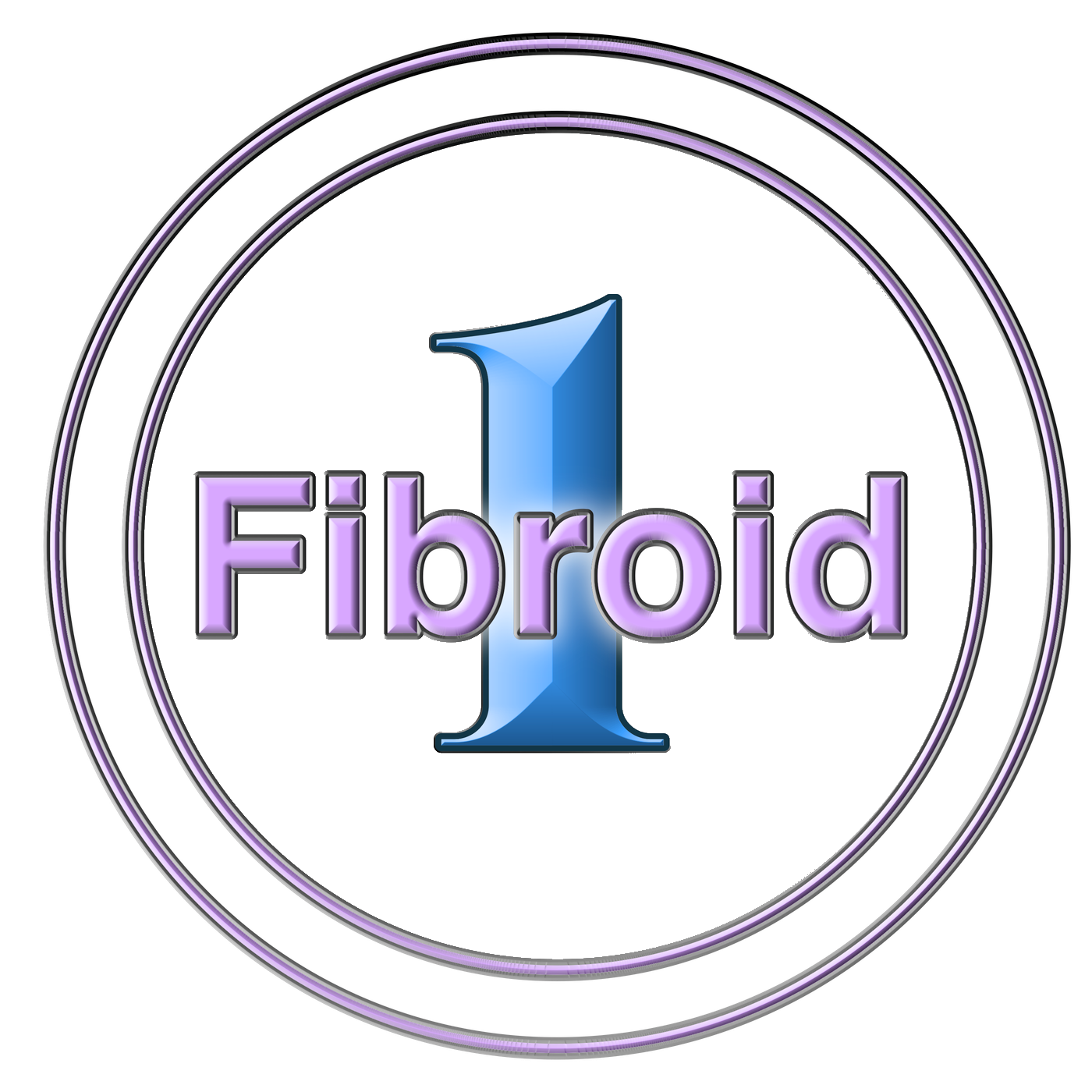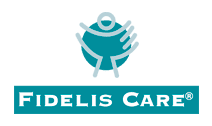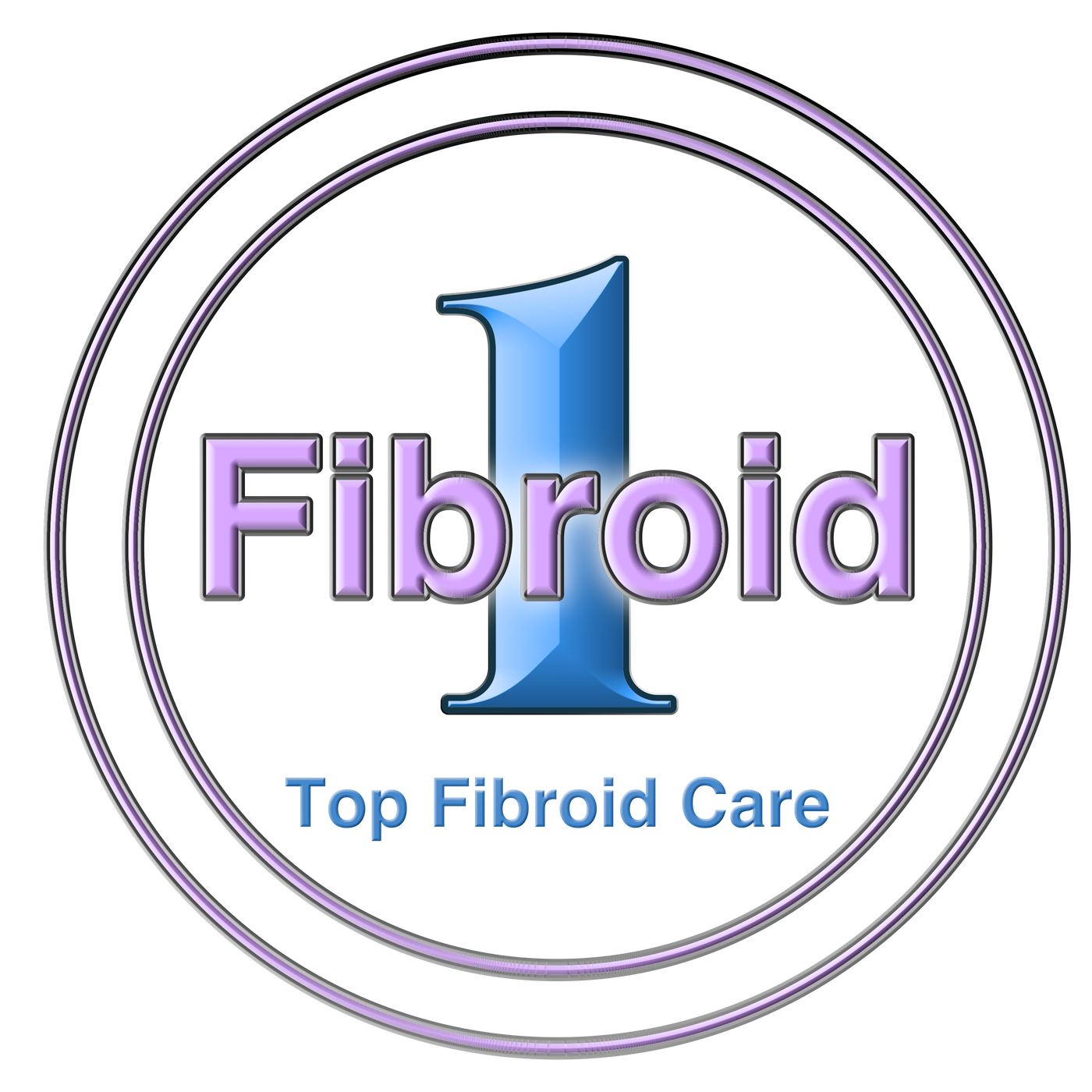Fibroids are noncancerous tumors in and on the uterus. These fibroids usually appear in women between the ages of 20 and 50. Over the years these fibroids are fed by small vessels giving them a blood supply, the nutrients, and oxygen fibroids need to survive. Calcified fibroids are caused by degeneration in the fibrous tissue that makes up a fibroid. This degeneration is usually the result of natural aging in a woman’s body when decreasing blood flow to the uterus deprives fibroids of nutrients and oxygen. As fibroids are deprived of blood, they shrink and shrivel meaning that they are nearing the end of their life cycles.
What are the treatments for calcified fibroids?
If fibroids are not causing pain, it is safe to live a healthy life without intervention. When a fibroid is calcified, it should no longer be causing pain or symptoms. On the other hand, if they are causing pain, severe bleeding, incontinence, or a variety of distinguishable symptoms you should make an appointment at 1Fibroid today.
5 Critical Treatments For Fibroids
1. Medications to treat symptoms
2. Hormone therapy
3. Myomectomy
4. Hysterectomy
5. UFE or UAE
What medications/hormones can help with fibroid symptoms?
Over-the-counter medications for pain or prescriptions for controlling bleeding or other symptoms are available. Birth control hormones, IUDs, and Progestin shots may be helpful for fibroid symptoms. The symptoms that you will discuss with your OB-GYN are heavy bleeding, pelvic pain and pressure, urinary incontinence, frequent urination, anemia, pain in the back of the legs, pain during intercourse, constipation, and an enlarged abdomen.
Hormone Therapy
Medications for fibroids, such as birth control hormones, intrauterine devices (IUDs), progestin shots (Depo-Provera), target hormones that regulate a woman’s menstrual cycle and help treat symptoms such as heavy menstrual bleeding and pelvic pressure. They don’t eliminate fibroids, but may shrink them.
The possible side effects of using these medications are similar to the symptoms experienced during and after menopause and include: weight gain, hot flashes, vaginal dryness, mood swings, changes in metabolism, and infertility. In most cases, once hormone therapy stops, fibroids tend to grow back and can reach their original size. This often occurs if hormone therapy is not accompanied by another treatment.
Myomectomy
A myomectomy is a minimally invasive surgery where the fibroids are removed from the uterus. Fibroids may also be removed from the ovaries. This means that if you are planning on becoming pregnant you may still have the ability, as opposed to a complete hysterectomy.
What is a hysterectomy?
A hysterectomy is the removal of part or all of the uterus and sometimes may include the removal of the ovaries. This surgery has some severe side effects including hormonal imbalances, stroke, heart attack, and even early onset of menopause. Talking with your provider will allow you both to know if this procedure is the correct treatment path.
What is UFE?
Uterine Fibroid Embolization or Uterine Artery Empbolysm is a procedure where a catheter is fed through a vein in the leg up to the uterus. Embolic material is then injected into the small vessels that supply the fibroid with blood, oxygen, and nutrients. The embolic material is much larger than the blood cells and they block the vessels stopping the blood flow. When the fibroid is no longer receiving life-sustaining blood they begin to shrink. Once the fibroid is devoid of blood and shrinks that fibroid will not come back.
How do I know if my fibroids are calcified?
Fibroids are best identified with ultrasound, MRI, or a CT scan. At 1Fibroid we have access to ultrasound machines and a network of MRIs or CT scan professionals. Given all the necessary data, we will give you the information to make the best decisions for your health and guide you through the recovery process. With advances in medicine, many options are outpatient options that allow you to rest and recover at home with minimal restrictions.
Doctor Molly McBride has over two decades of experience in gynecology. Dr. Tamara Guichard has over ten years of experience helping women and has a specialty in vulvar and vaginal disorders. Doctor Yosef Golowa is double board certified in diagnostic radiology and vascular/interventional radiology. Together, the 1Fibroid team is the foundation you can rely on for all your fibroid and uterine health needs. With offices in Manhattan, NY, and Queens, NY, our office is only minutes away. Call 212-991-9991 to schedule your appointment and find fibroid relief.












